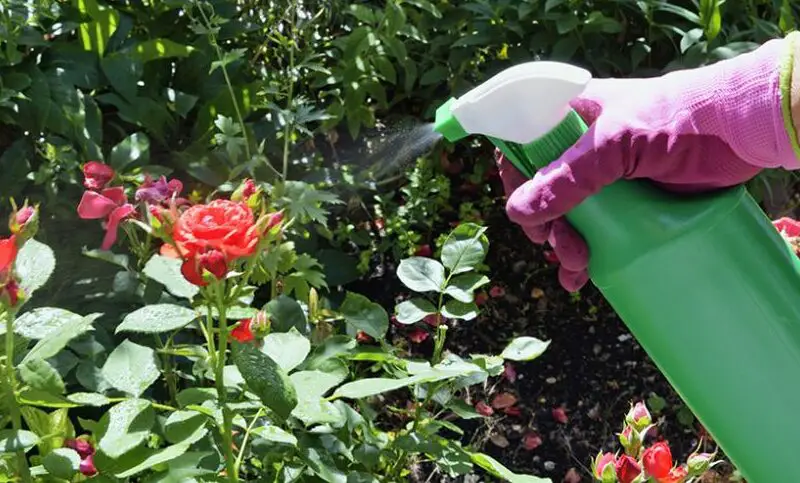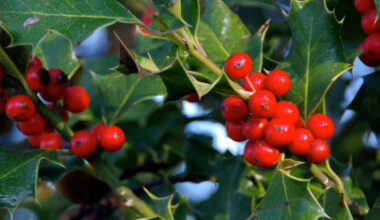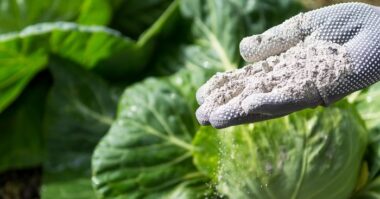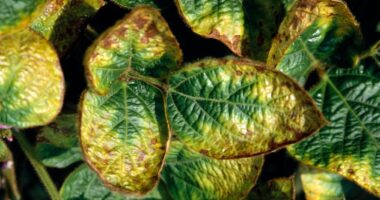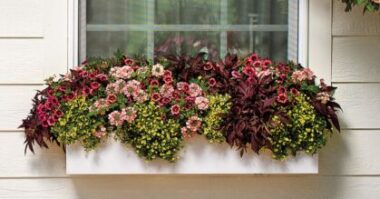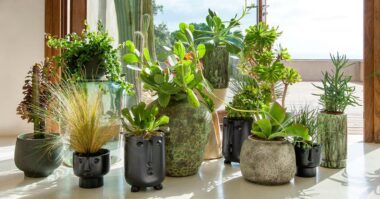Black soap is made from potash and a vegetable oil type fat such as olive, flax or corn oil.
A natural and biodegradable product (if it does not contain additives, as is sometimes the case), it is a very good cleaning product, for floors, kitchen, dishes, laundry, etc… Very versatile, it is also economical, compared to many conventional detergents on the market.
The black soap is available in soft and brown paste form or in liquid form, diluted with water. It is a liquid black soap that is generally used in the garden because it is easier to use. It can be bought in organic stores as well as in supermarkets or garden centers.
Attention: the recipe for black soap for household use and that of black soap used in cosmetics are not necessarily the same; black soap for household (multi-purpose) use may contain more potassium to improve the degreasing power (irritating or drying for the skin), or even some chemical additives.
In the garden, it is primarily the antiseptic and insecticidal properties of black soap that are used.
Contents
Use of soapy water on garden plants
This homemade repellent can be used on all plants, including fruit trees. Even though it is a biological insecticide, use it wisely, only when there is an invasion. And of course, don’t use it if ladybugs are already at work, making aphids a succulent meal!
Damage usually occurs in spring and early summer, so it is best to treat at that time. Spray the preparation directly on the insect pests. Don’t forget the underside of the leaves where they often hide. It is preferable to act in the evening at nightfall, on a day without wind or rain so that the treatment has time to act.
Repeat the operation frequently in case of strong attack and after each rainfall. If the soapy water leaves white marks on the leaves, don’t worry, they will leave as soon as the first rain. Be careful, some plants cannot tolerate soap-based insecticides. This is the case for ferns, nasturtiums, impatiens and in general all plants with downy leaves.
In case of doubt, make a test on a small part of the plant and wait 48 hours to see if there are any adverse effects.
Insecticides
Liquid black soap is used to control aphids, scale insects, red spiders, whiteflies, psyllids and other thrips. It is a contact insecticide; it kills the larvae and cleans the honeydew that gulps down the leaves.
The recipe for the black soap insecticide is simple to make: 5 tablespoons of liquid soap diluted in 0.25 gallon of lukewarm water (5% dilution); once the preparation has cooled, spray it on the affected plants, taking care not to forget the underside of the leaves. To renew 1 to 2 times if necessary, to be completely rid of the undesirables. And if you still have some soapy water left in the sprayer after the treatment, you can pour it on an annoying anthill, guaranteed effect!
As it is usual for most treatments, do not spray the black soap solution in the middle of the day, in the sun (or in the rain!); proceed early in the morning or wait until the end of the day, when temperatures are below 68°F.
Wetting
In treatments for cryptogamic diseases, liquid black soap can also be used as a wetting agent. A wetting agent is a product that facilitates the dispersion and penetration of a water-based liquid preparation. This makes the treatment more effective and less sensitive to leaching.
Examples of uses of black soap as a wetting agent :
- Mixed with the Bordeaux mixture: dilution to 2%.
- 0.1 oz of baking soda diluted in 0.25 gallon of water, added to a teaspoon of liquid black soap and you get a solution to fight against mildew; to be used preferably in prevention.
Cleaner
Plants sometimes need to be cleaned; this is particularly the case for fruit trees or roses affected by fumagine, a black mold that regularly affects “aphid” plants and causes leaves to fall. To remove the carbonaceous deposit, clean them with warm water and black soap.
Summary
We often see the advice to treat insect pests by spraying soapy water on the infested plant… and it usually works. A typical recipe? One spoonful of dishwashing soap per liter of water.
Soapy water works not as a poison, but by preventing the insects from breathing. This is because they breathe from the pores on the body, which the soap clogs. So the insect dies quickly from asphyxiation.
However, certain precautions must be taken, here is how to operate with care:
Every time you buy a new bottle, test three or four plants, spraying the solution on one leaf of each, and check the condition of the leaves the next day. If they are in perfect condition, go ahead with your treatments. If they are damaged, look for another solution.
